Nobody can accuse Orange is the New Black producers of typecasting. After all, when looking to fill the shoes of openly gay C.O. Desi Piscatella, they chose 6-foot-4 former NFL player--and veteran character actor--Brad William Henke.
You may remember him as the amputated victim of a serial killer on Dexter or as a casualty of the island's resident monster on Lost. But Henke didn't get recognized on the street until he became the new kid on the (cell) block at Litchfield Penitentiary. Thanks to his sympathetic, complex portrayal of Piscatella, Henke has proven to be both the widely loathed villain of season four as well as its unlikely breakout star--not to mention a modern-day bear icon in the process.
Here, Henke talks gay conversion camps, double beards, and his new-found sex symbol status.
Out: Basically, all we know about Piscatella is that his parents sent him to a gay conversion camp. What kind of back story did you create for your character?
Brad William Henke: It's an interesting question because the writers are so much better than I am. I tried to ask them questions and, a lot of times, they didn't have answers for me. So I basically had to go by what was in the script. It said I went to a gay conversion camp. Obviously my parents didn't love me the way that I was--and were trying to change me.
Do you think that traumatic childhood incident informed the way that your character feels about power and control?
I think I am trying to do a great job. I looked at the fact that I am coming from [a maximum-security facility]. This is a chance for me to take what I have learned and be in control of a prison. And be the top person in the prison. I am trying to achieve in life, and I think I know the right way to do it. The people that we should fear the most are the people who are doing things wrong in the name of doing things right.
Did you draw on personal experiences or base this character on anyone you know?
Just from having friends in the gay community, I know their frustrations with how they are represented. It felt like like, "Hey, I better fucking do this right." And it's funny because on Instagram people have written, "Thank you for playing a real person who is also gay." That is my [character's] sexuality. But I am a flawed person as Piscatella. And I'm also a good person as Piscatella. I'm everything, you know? And I think that sometimes doesn't make it onto TV.

Piscatella has so many great lines. The one about beards is my personal favorite.
I said: "I have two beards--the one on my face and the one I took to junior prom. Yeah. I like dudes." And then I like when he goes [to Piper]: "I will never find you adorable."
Were Piscatella's feelings hurt when Red called him a "fairy?"
In prison, you are guarded for those types of words. But she is an older woman, so I probably have some mother issues with Red. Because you want to be accepted by your mom--and my mom sent me to gay conversion camp. I don't ever profess to think that characters go to therapy and know why they do things. But I feel like there is a reason why from the beginning I didn't like her attitude. You know what I didn't like about it? She's got a superiority complex. And for some reason that makes my character's skin crawl. And I'm sure that is because of his mom.

On Instagram, you used the hashtag #papabear in reference to your character. It seems that you're becoming a sex symbol in the bear community, perhaps because in addition to Piscatella, you played Grizzly Bear Daniels in Pee-Wee's Big Holiday. How do you feel about all the attention from that furry fanbase?
I mean, I feel honored. I feel awesome. It's such a complement. Who wouldn't want people to find them attractive? Piscatella is kind of a bad character in some ways but the response that I've gotten is that they like the fact that he's real.
Your manager told me that you've previously worked with the likes of Brad Pitt [in 2014's Fury] but only now are you getting recognized on the street and people are yelling: "Piscatella!"
And half of that is the gay community. They are so sweet when they see me. If people feel like I did a good job and represented them well, then that means everything to me. When they say: "Hey, man, thank you. I've never seen a character that I could relate to or be proud of." Or dislike and like. It's like: I hate you and I love you! You know why? Because it's a person. We live in a place where gay people couldn't get married. That is ridiculous. You need a character like me who again, thinks he's doing right--and is taking away power from people.
Your character is definitely the villain of season four. The show has a popular fan account on Twitter that posted a photo of you next to the sadistic guard and the following tweet: "If you watch OITNB, then you hate these two motherfuckers more than anything."
I like that a lot. Before the show, I never even had Instagram and Twitter. It has been fun interacting with the fans. But if they hate me, then it means that they love the show. People are really nice and complimentary to me on Instagram. And then Twitter is just people telling Piscatella how much hey want to kill him. Once in awhile they'll call me "Fatass." And I'll respond: "I prefer big-boned or thick."
Piscatella is not ashamed of his sexuality. He owns it and that's so refreshing.
There comes a certain time in your life when you go: I am who I am, and I'm happy with who I am, and I'm good at my job. He is not looking to other people for validation. That's the thing about him: He has confidence. He goes to work--and he goes wherever he goes after work. And this is his life. So he's not going to be afraid to tell people who he is. He knows that he's damned good at his job. He sees Caputo doing stupid shit. He's like: "How the fuck is Caputo running this place and not me? C'mon, I should be that guy."
Orange Is The New Black season 4 is currently streaming on Netflix.
Photo courtesy of Netflix
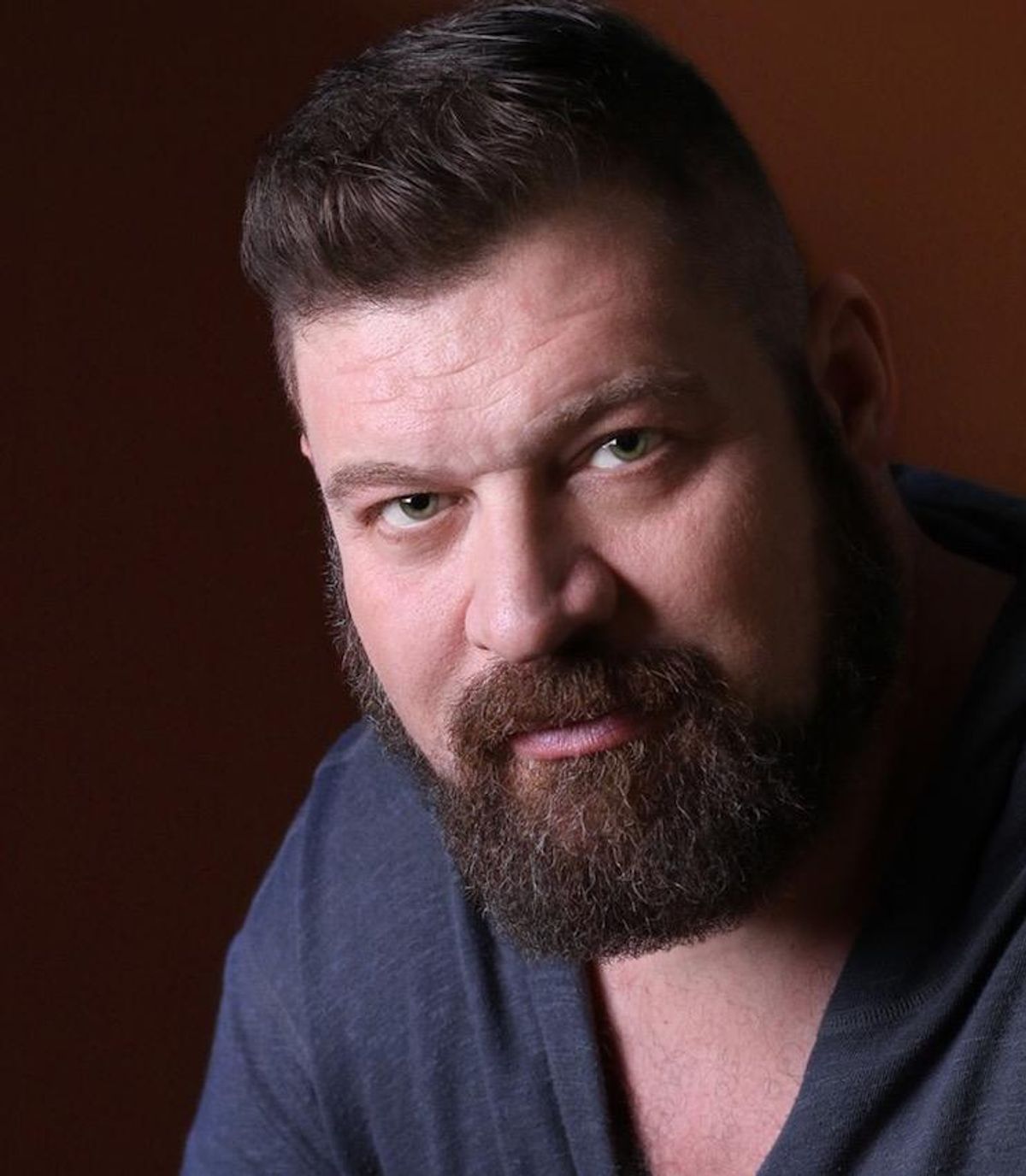



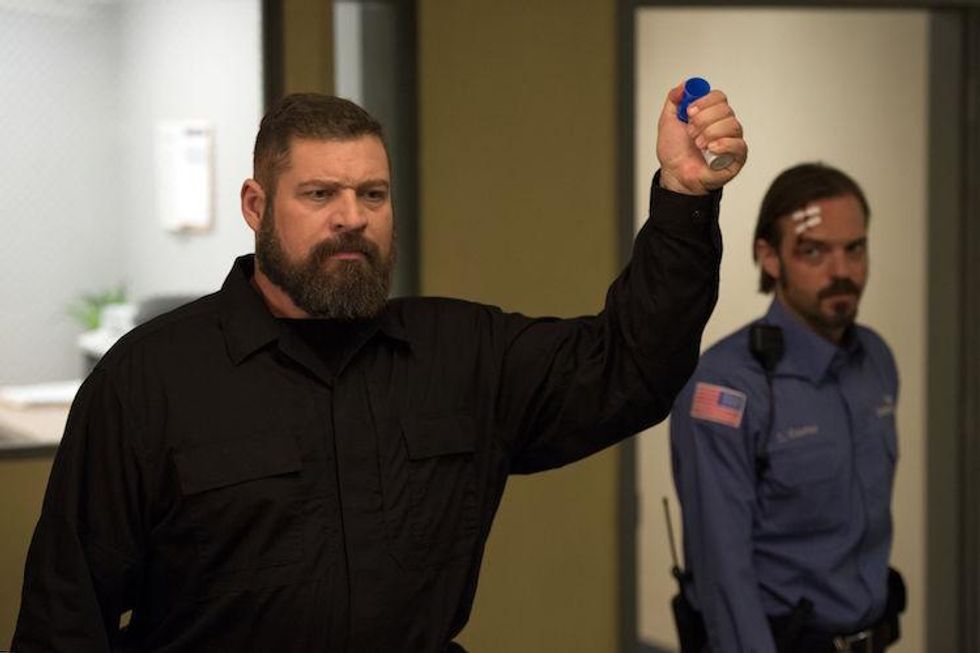
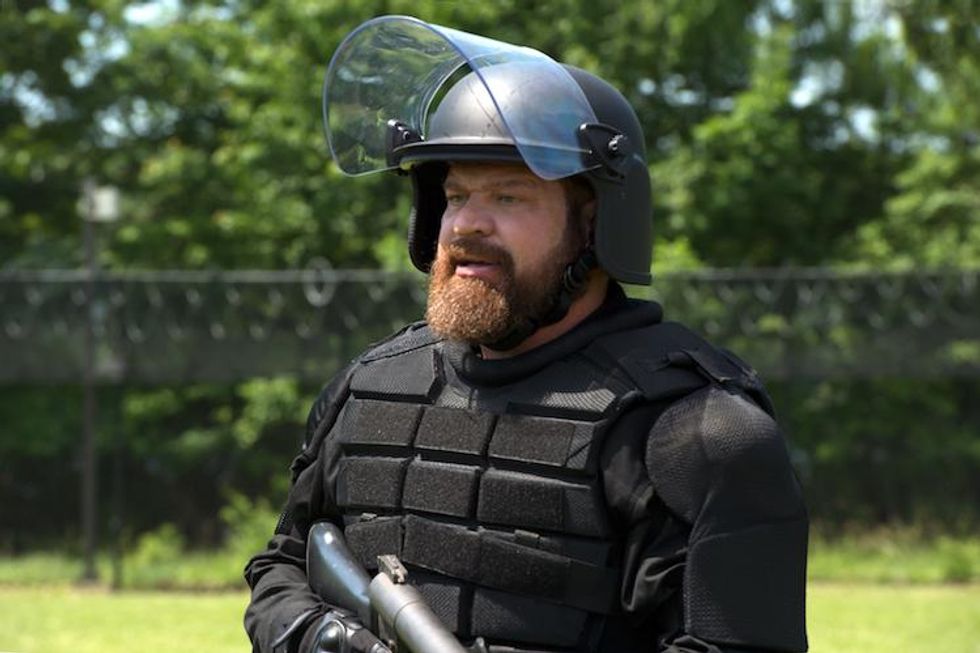















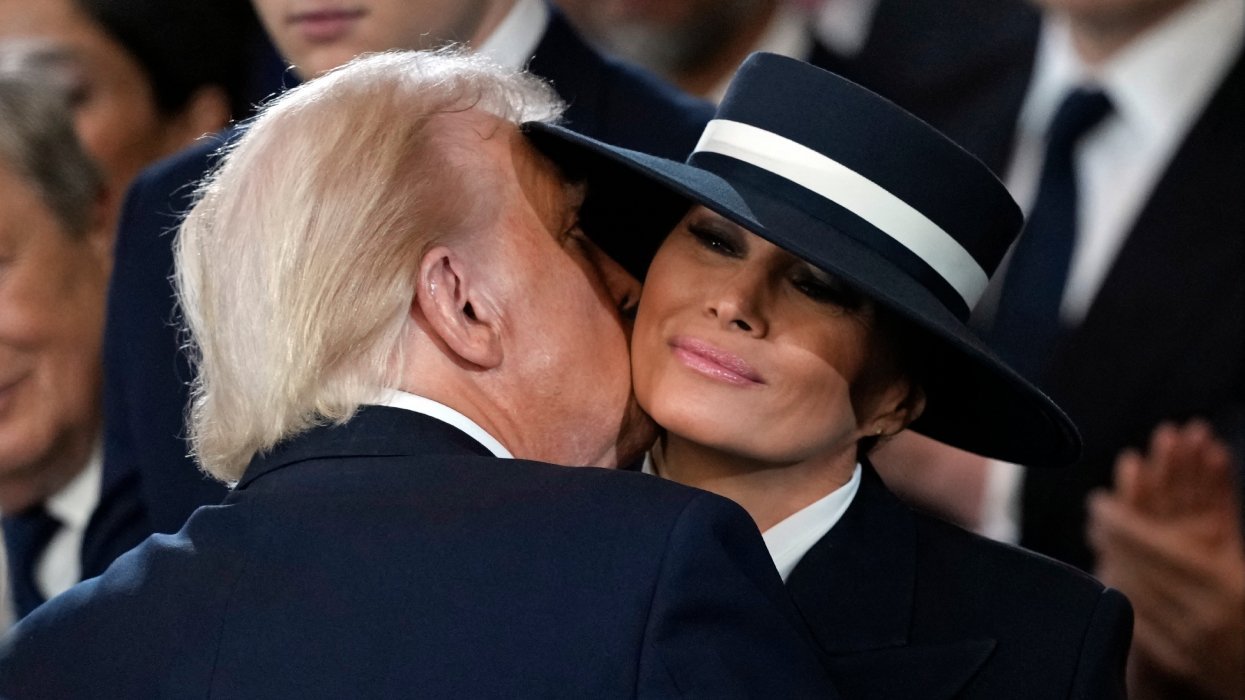


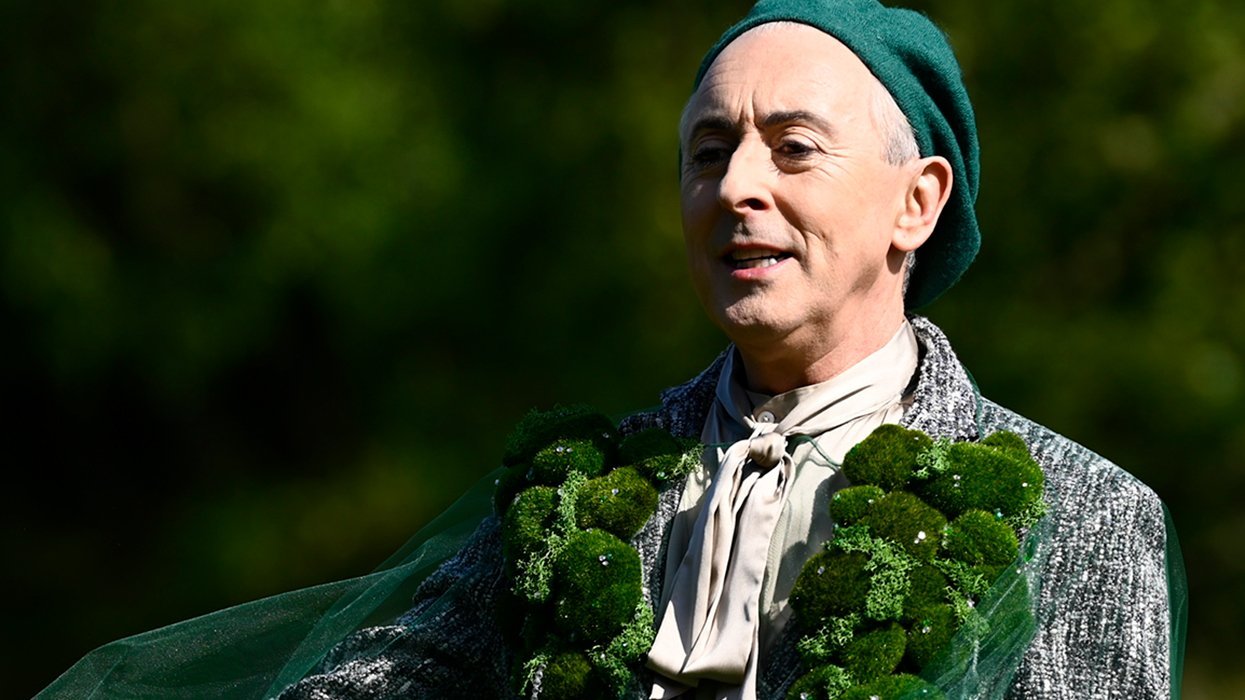
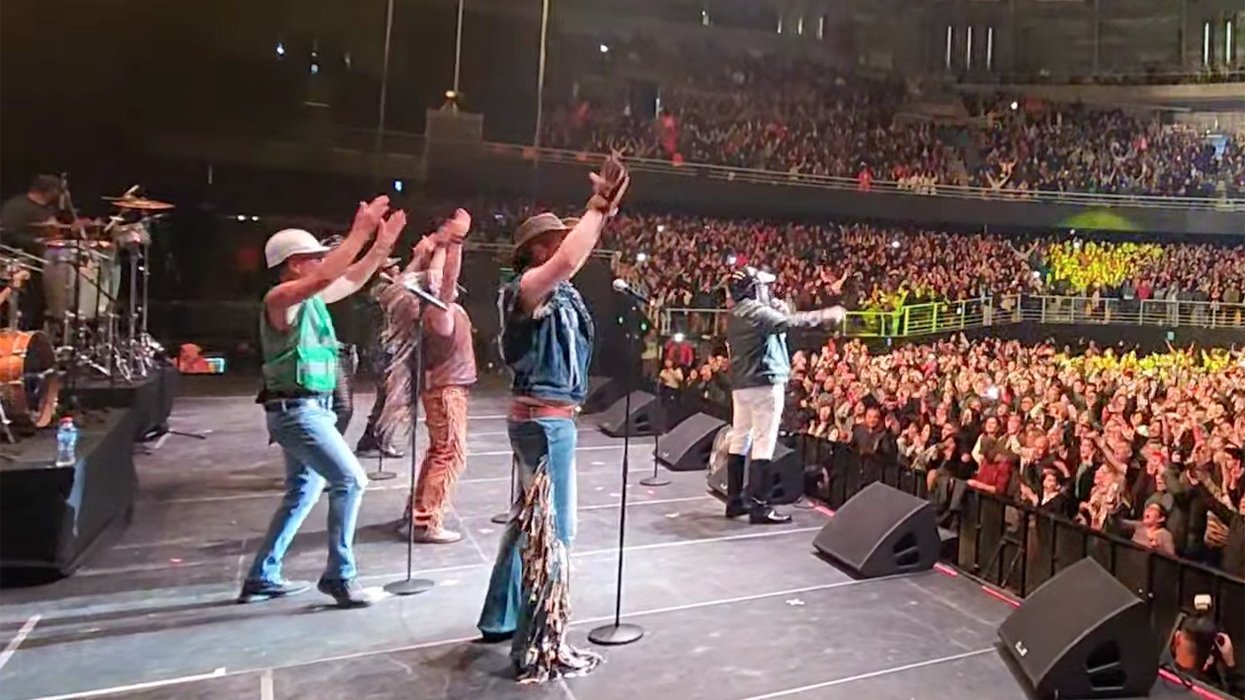
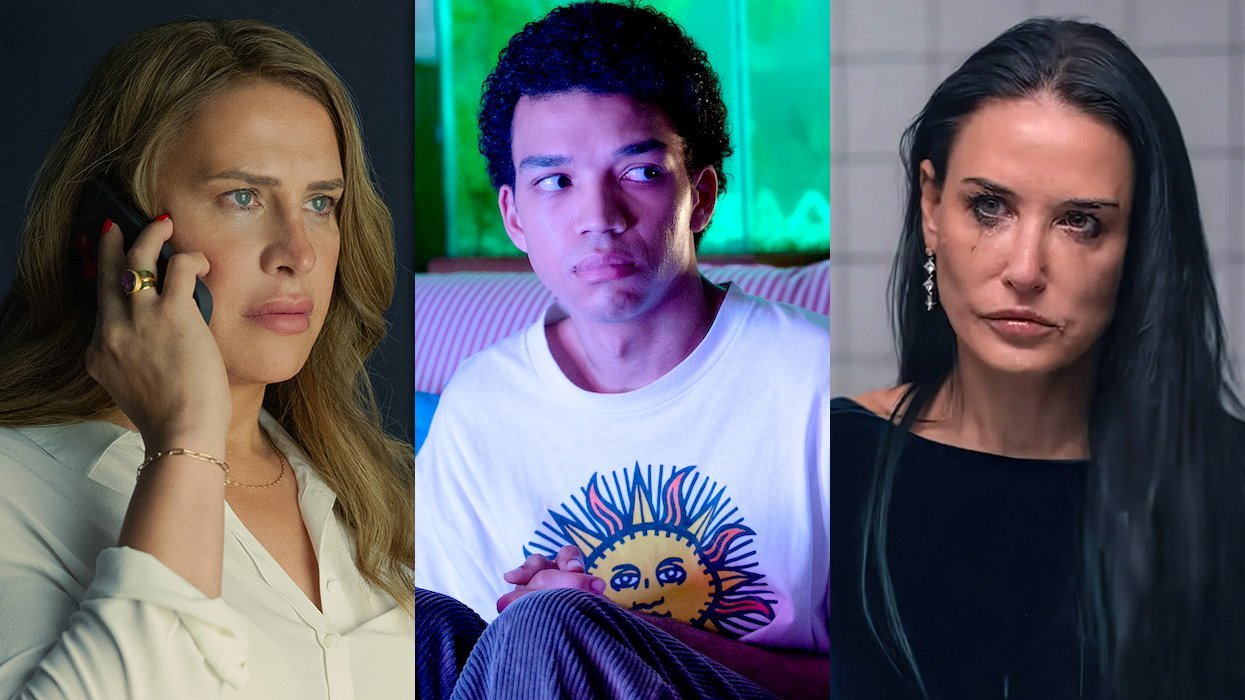
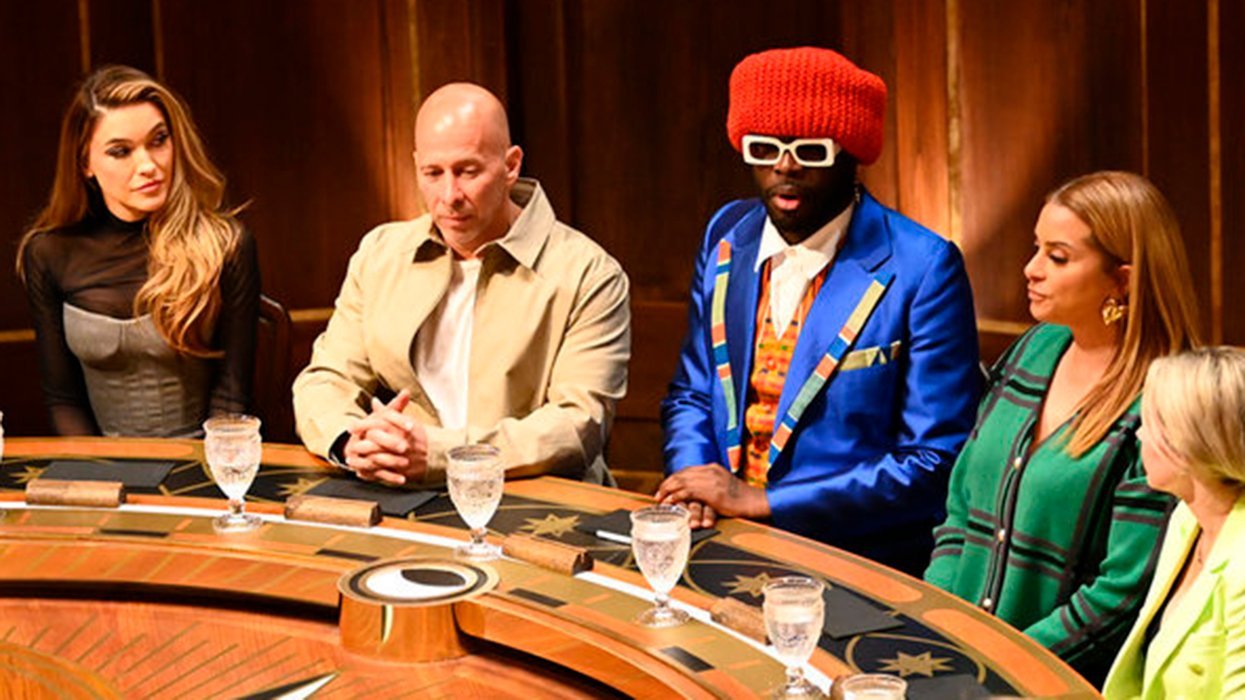
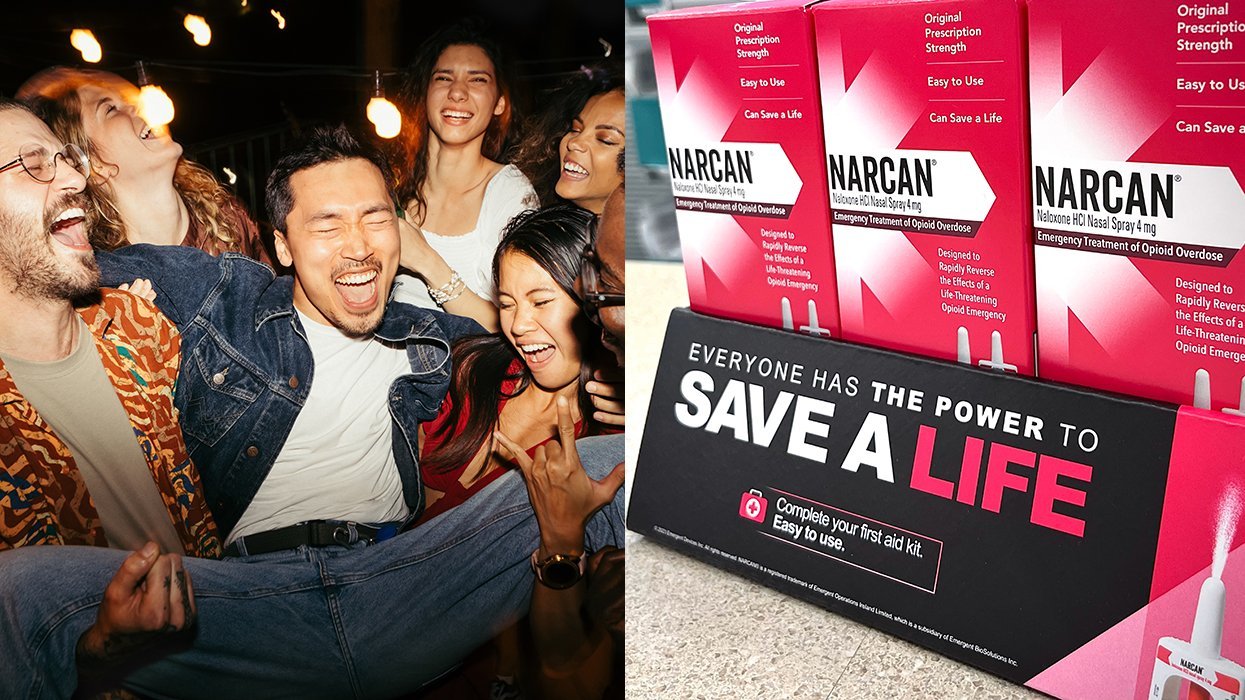
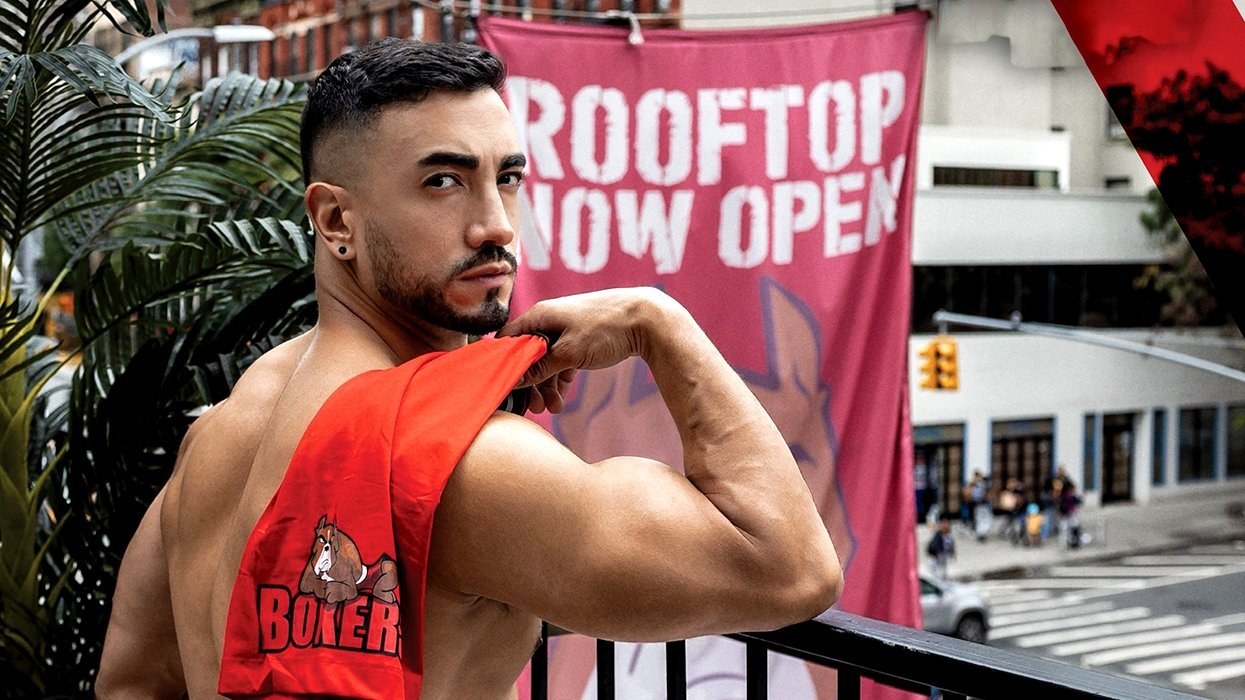
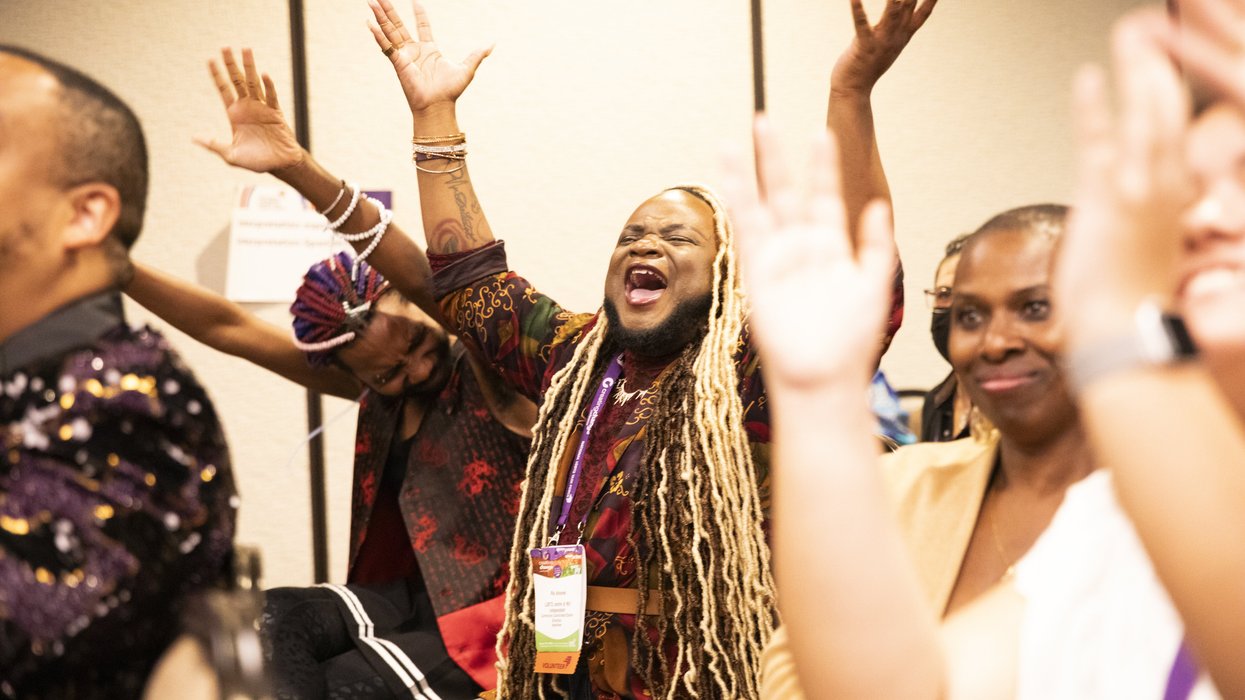
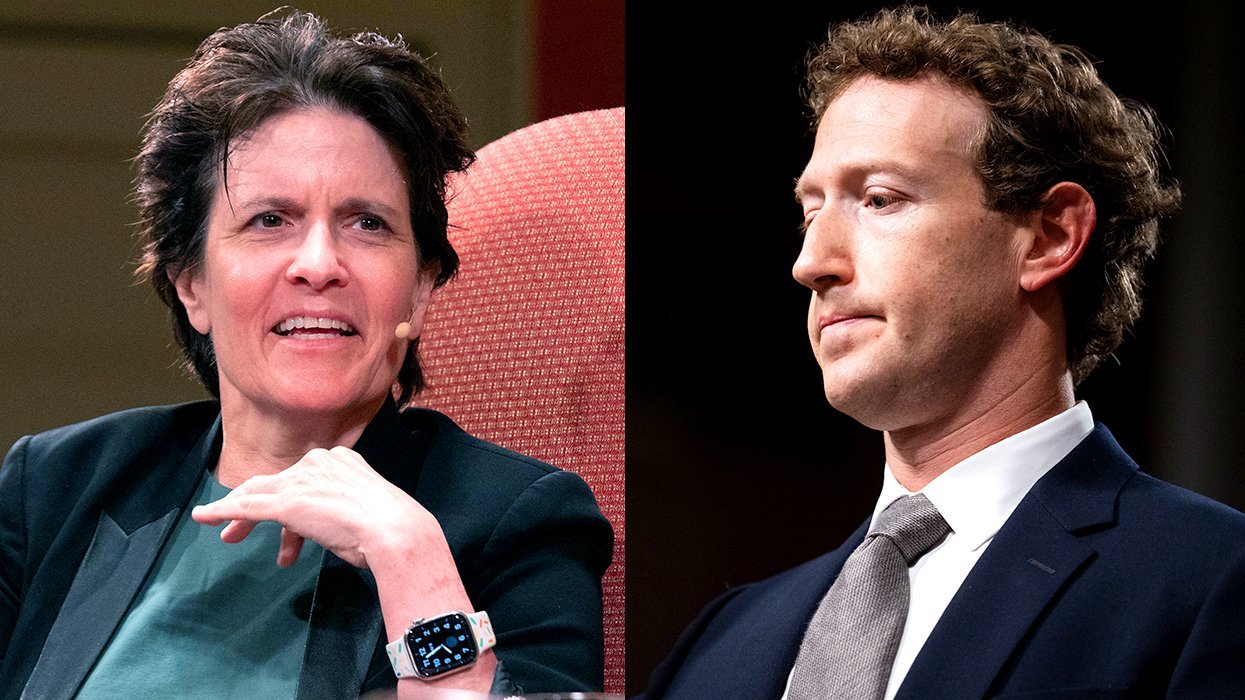
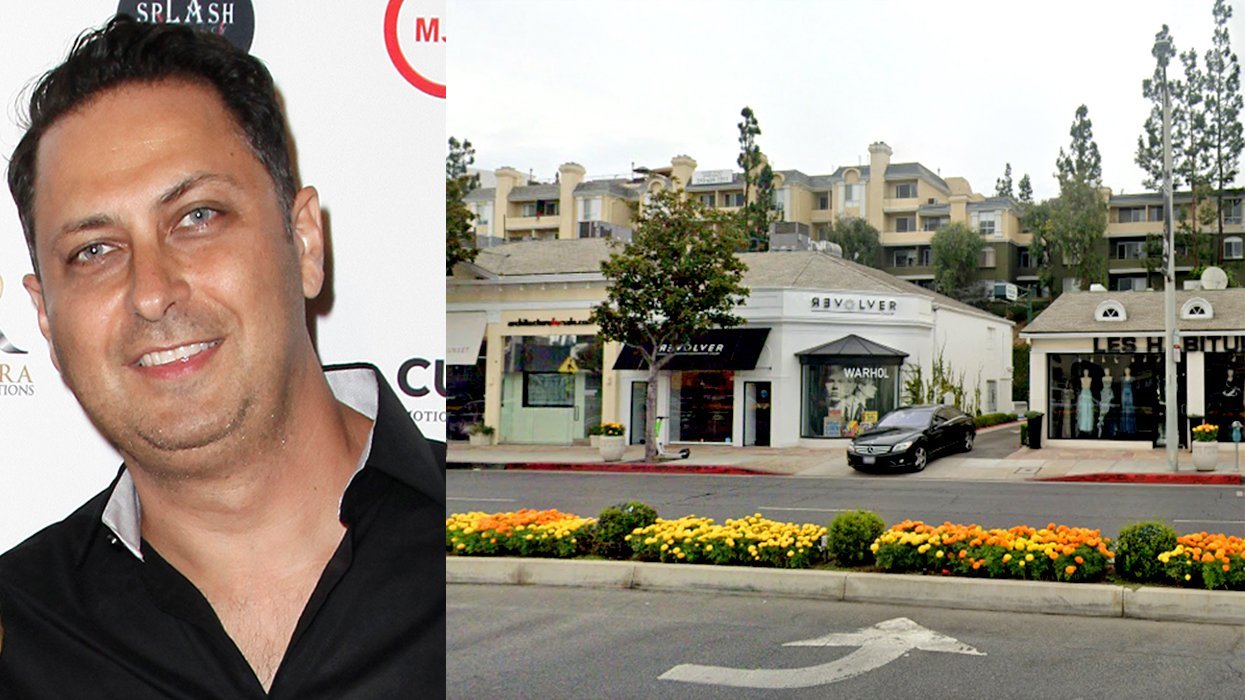
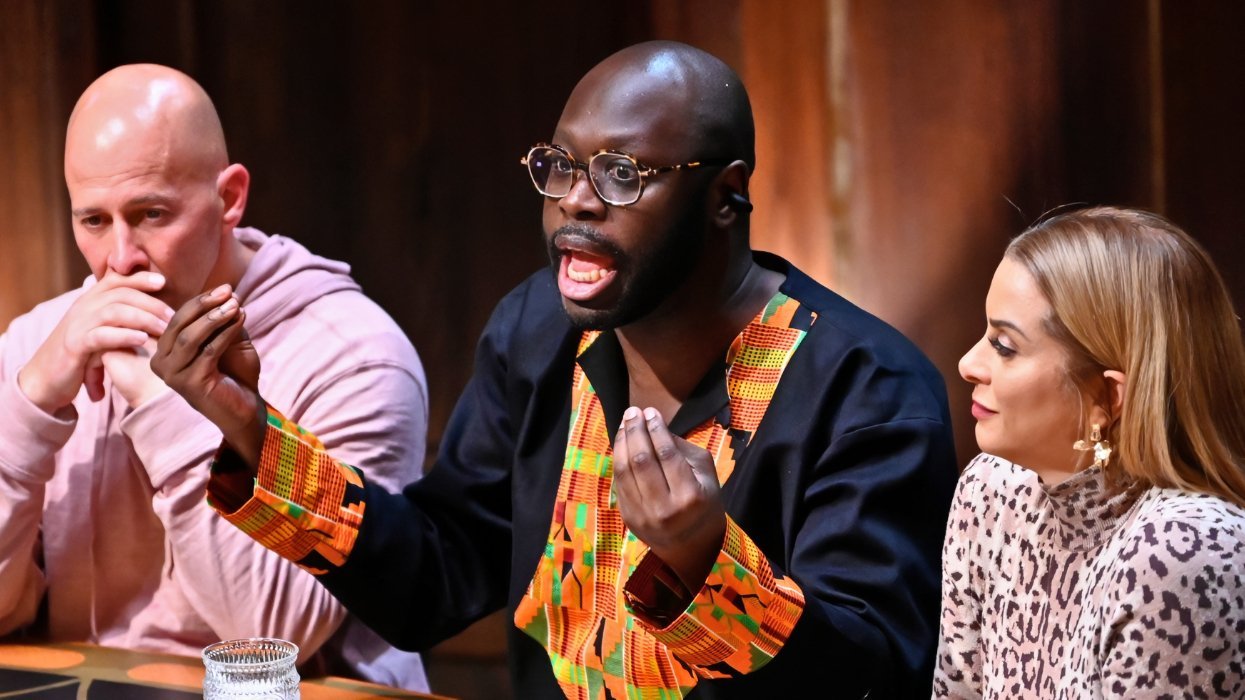
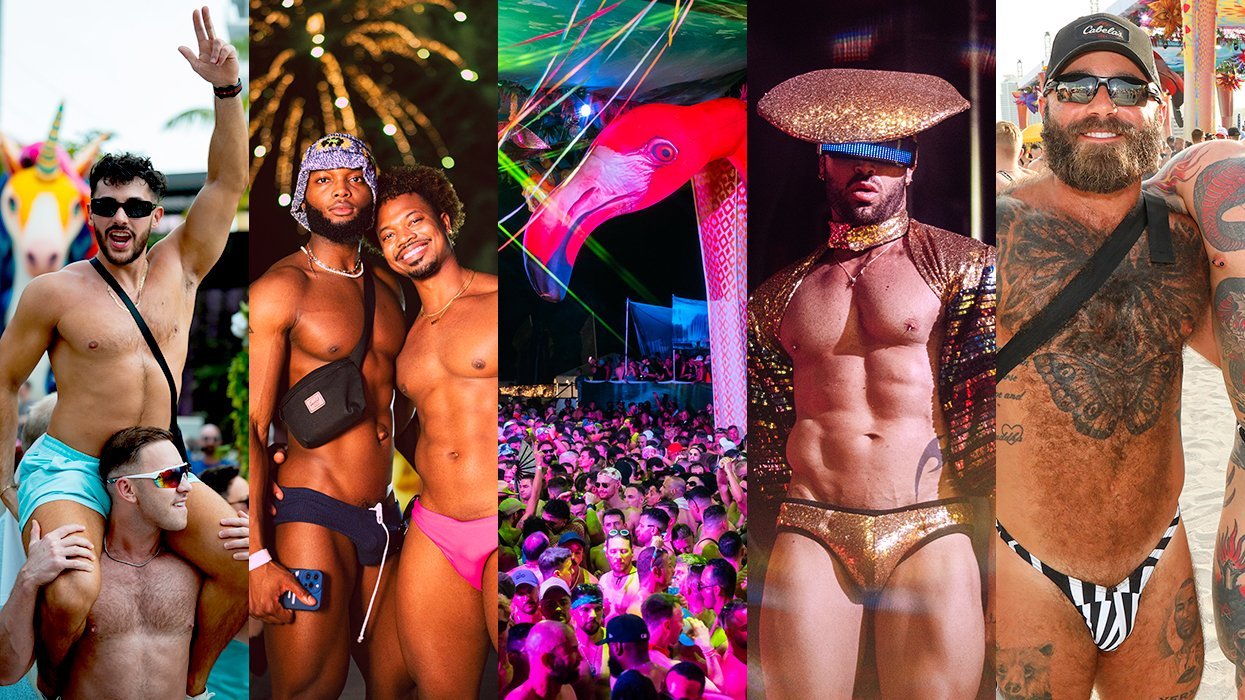

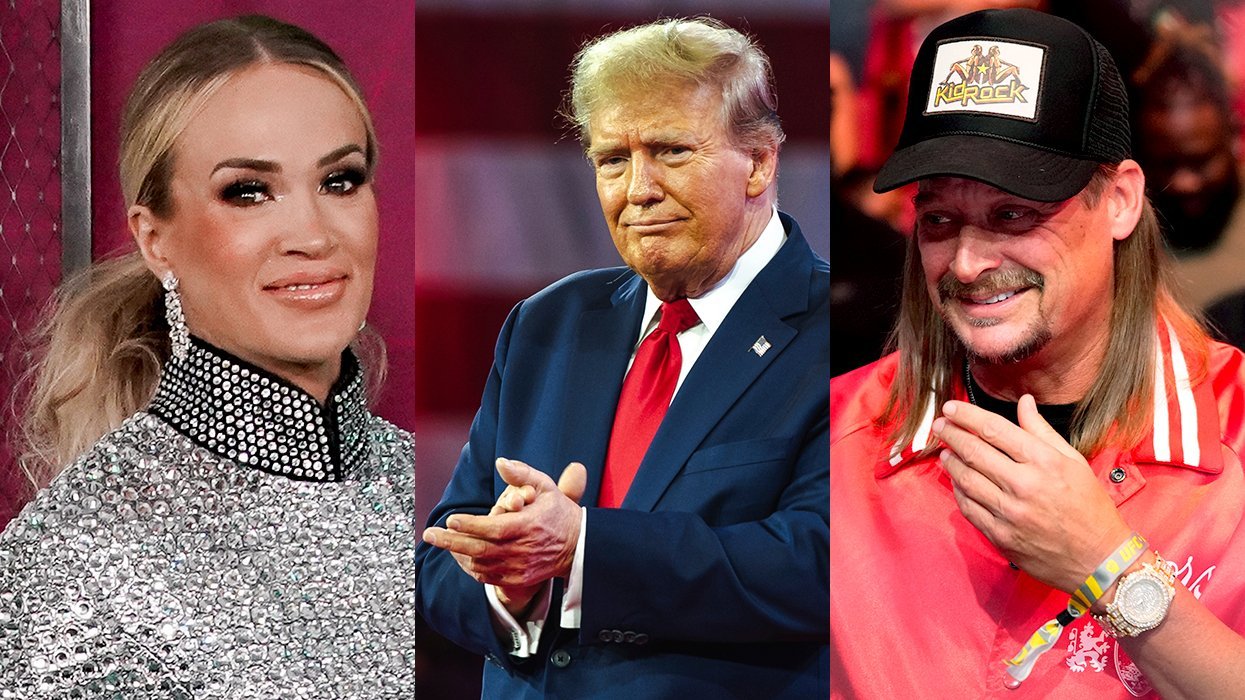
















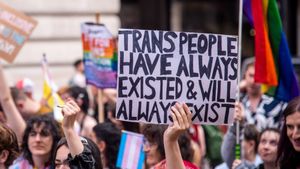

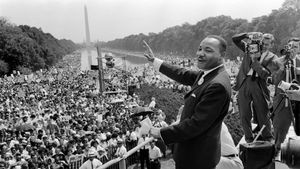




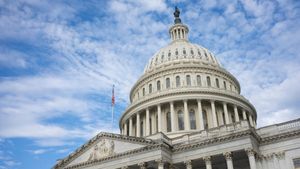















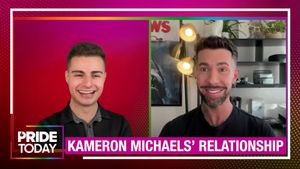









Beware of the Straightors: 'The Traitors' bros vs. the women and gays